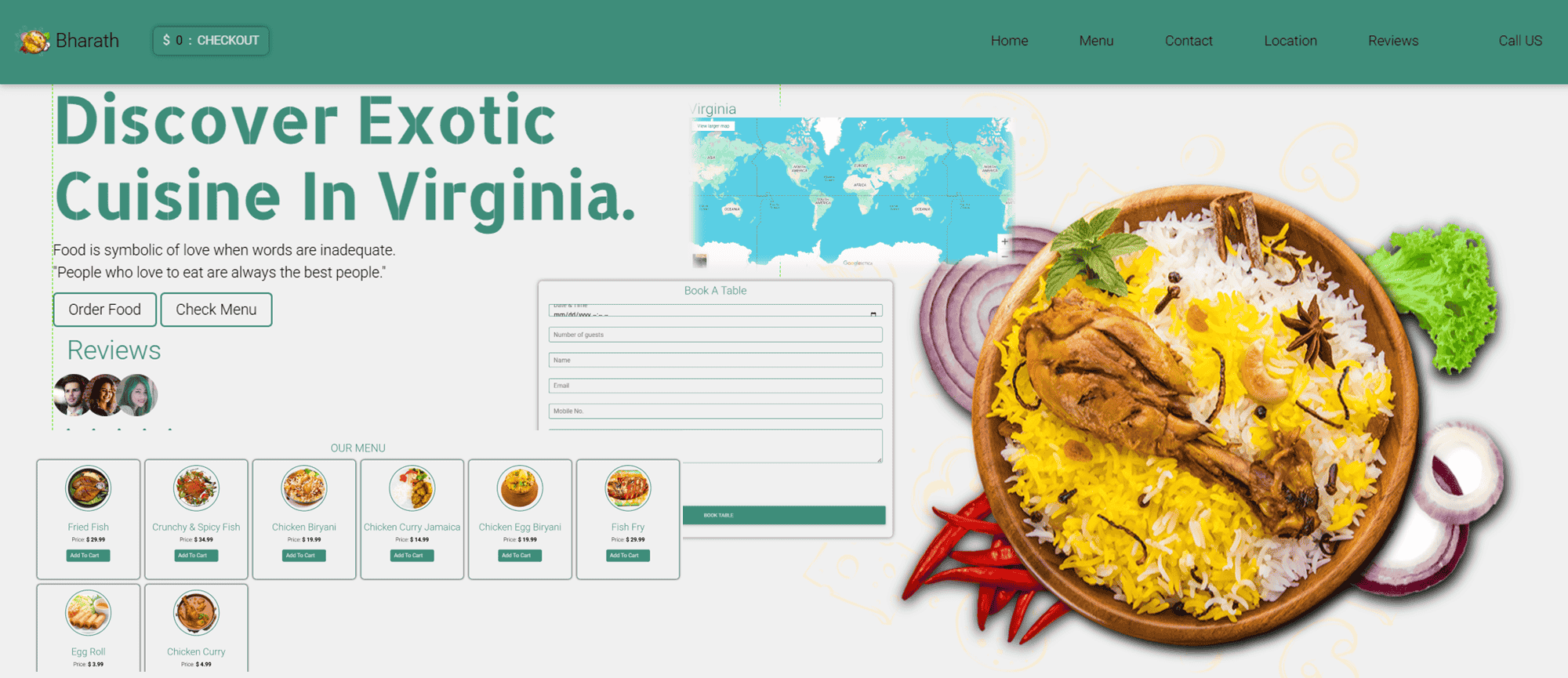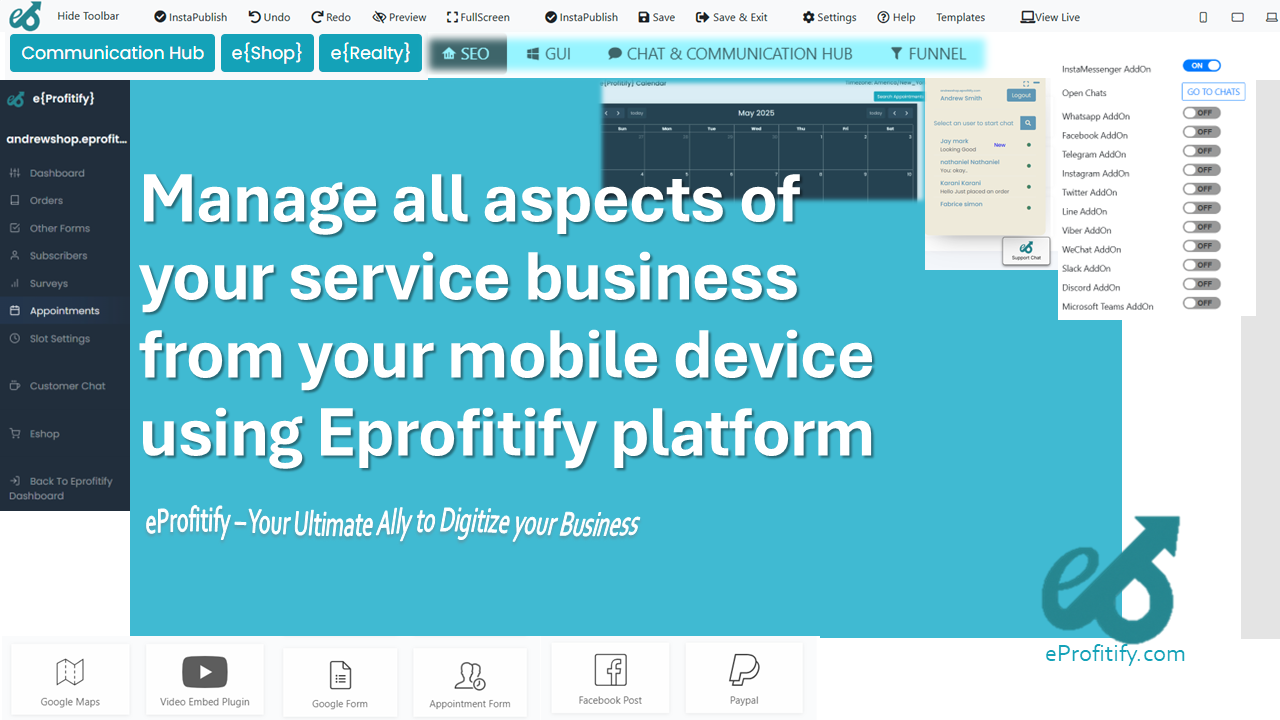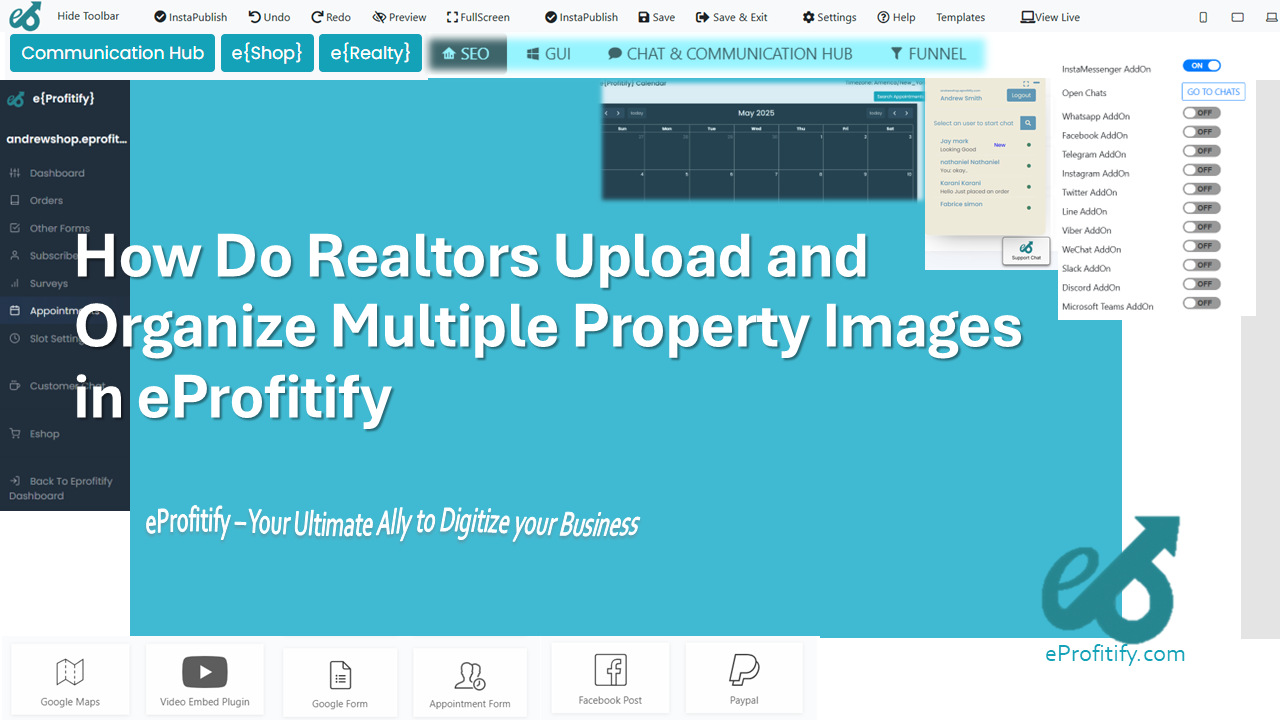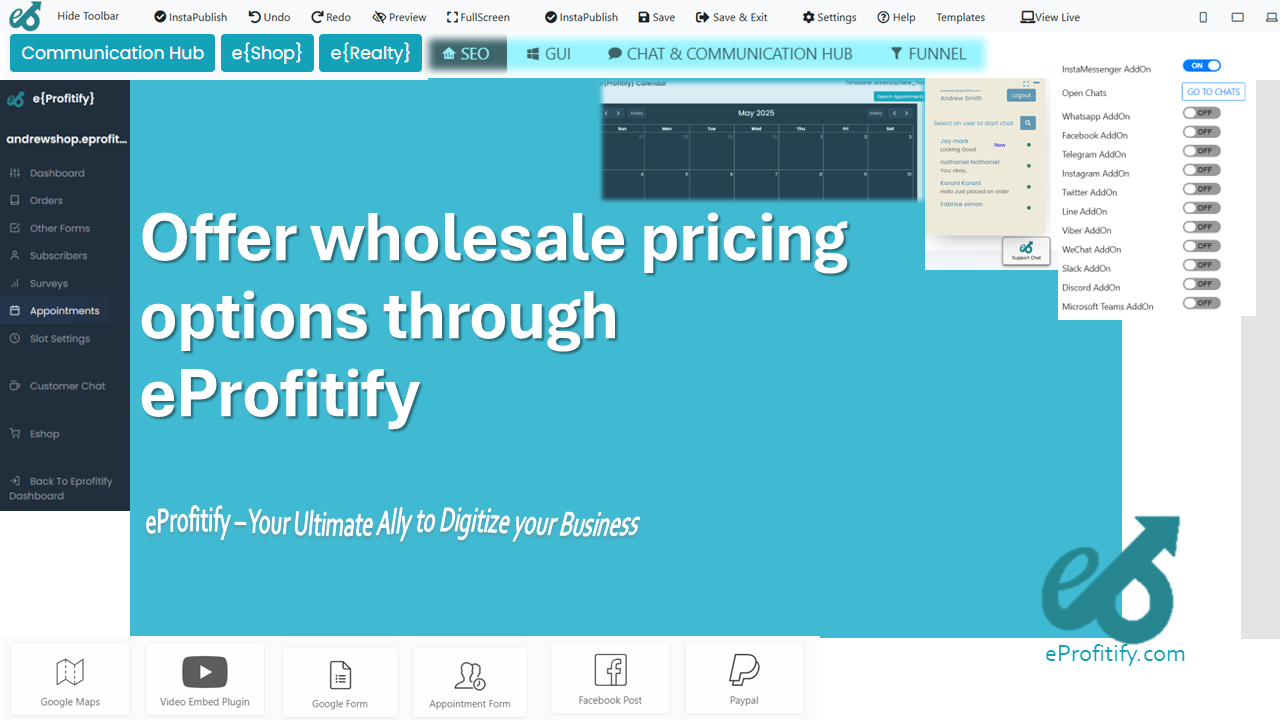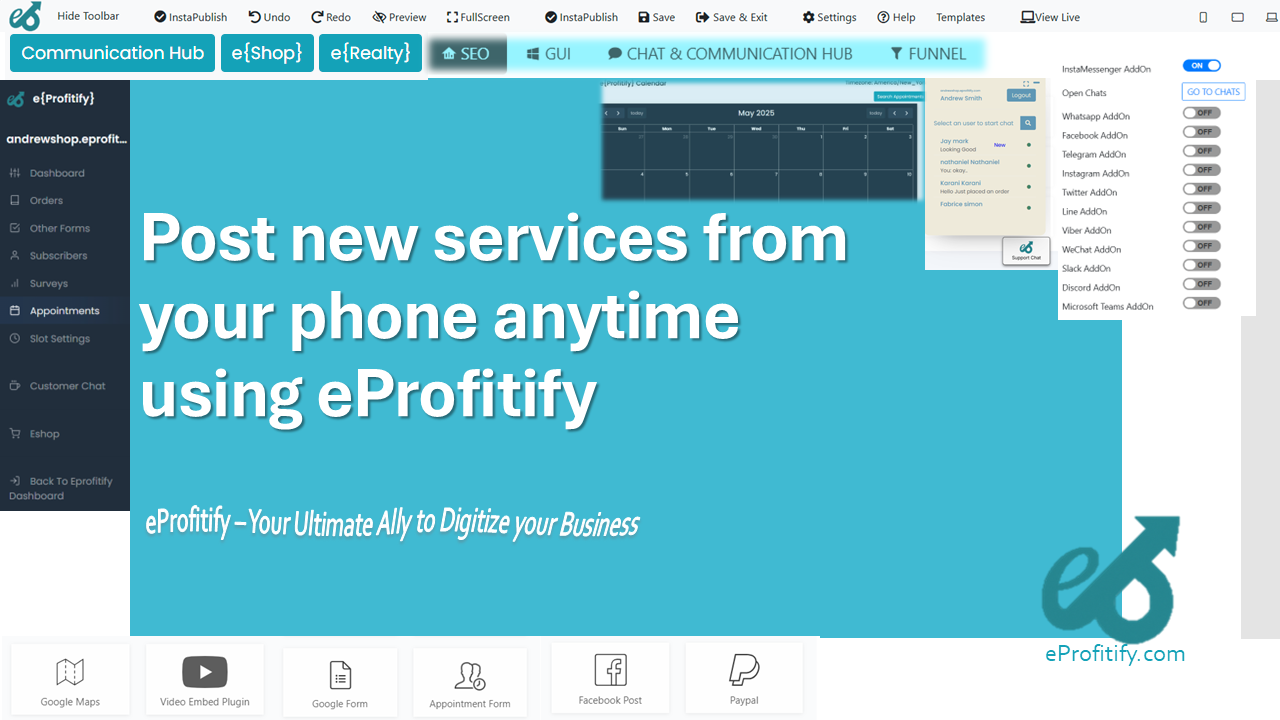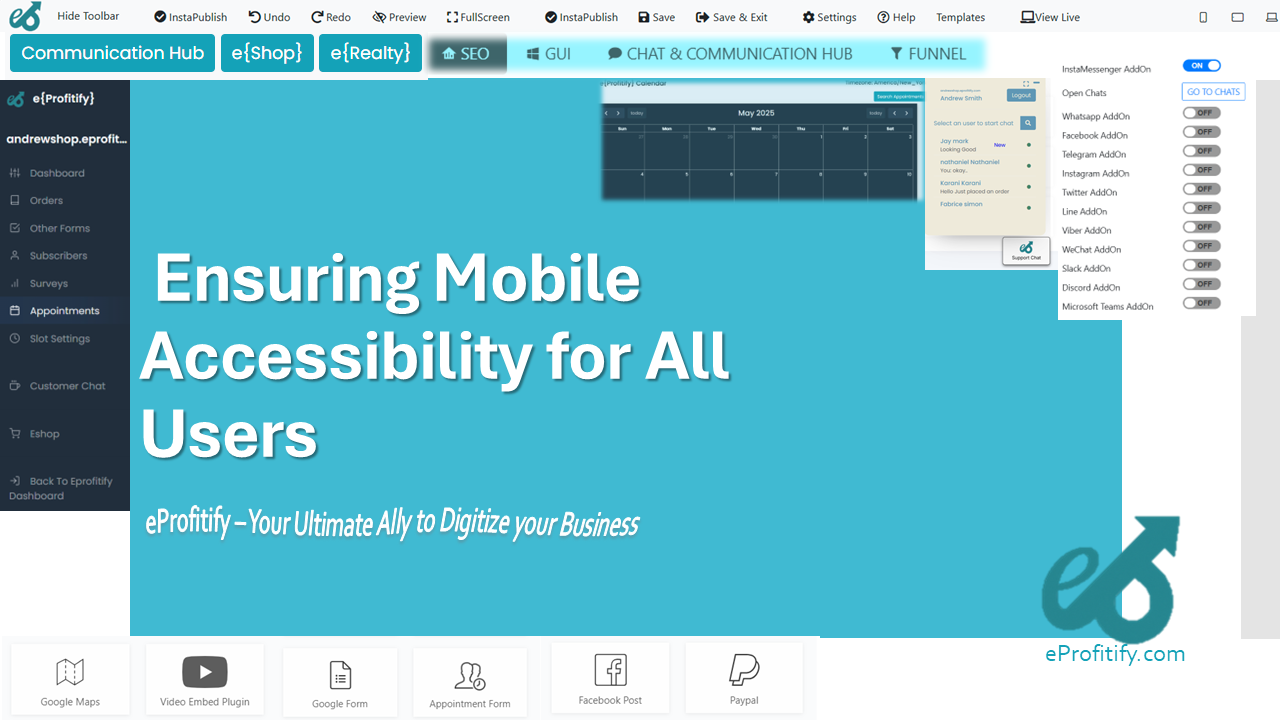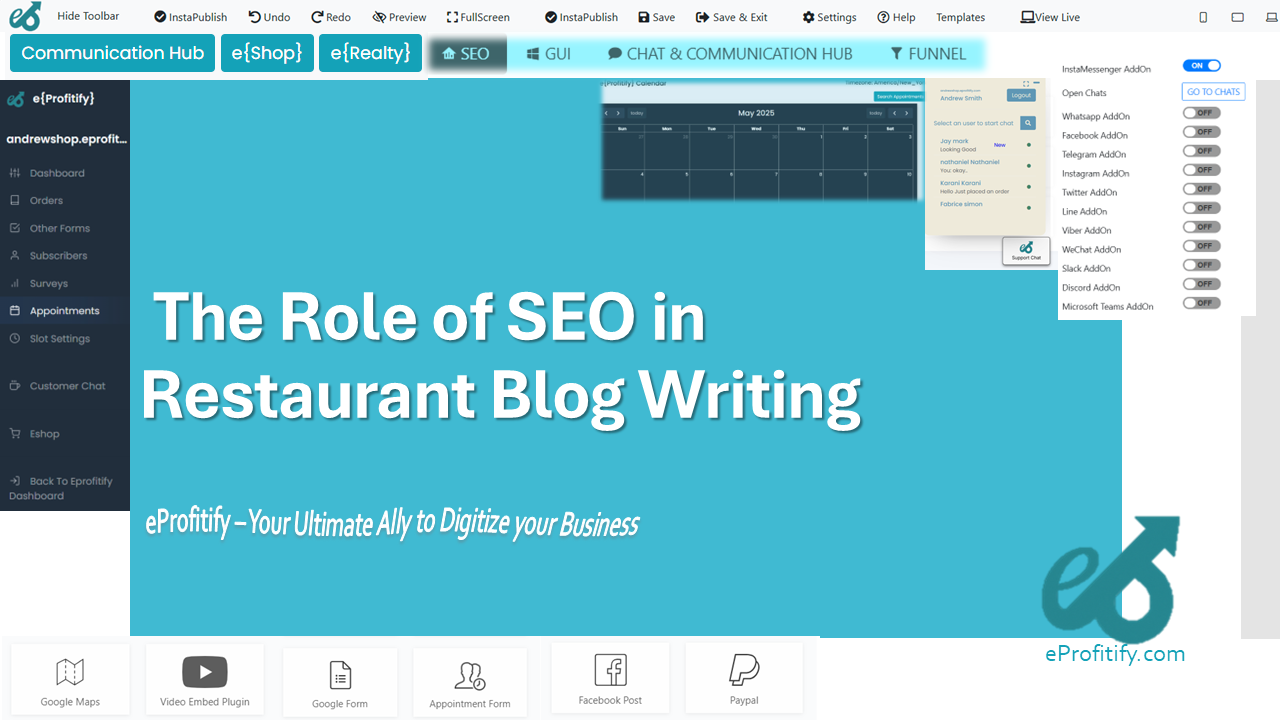Integrating SEO and Social Media Strategies
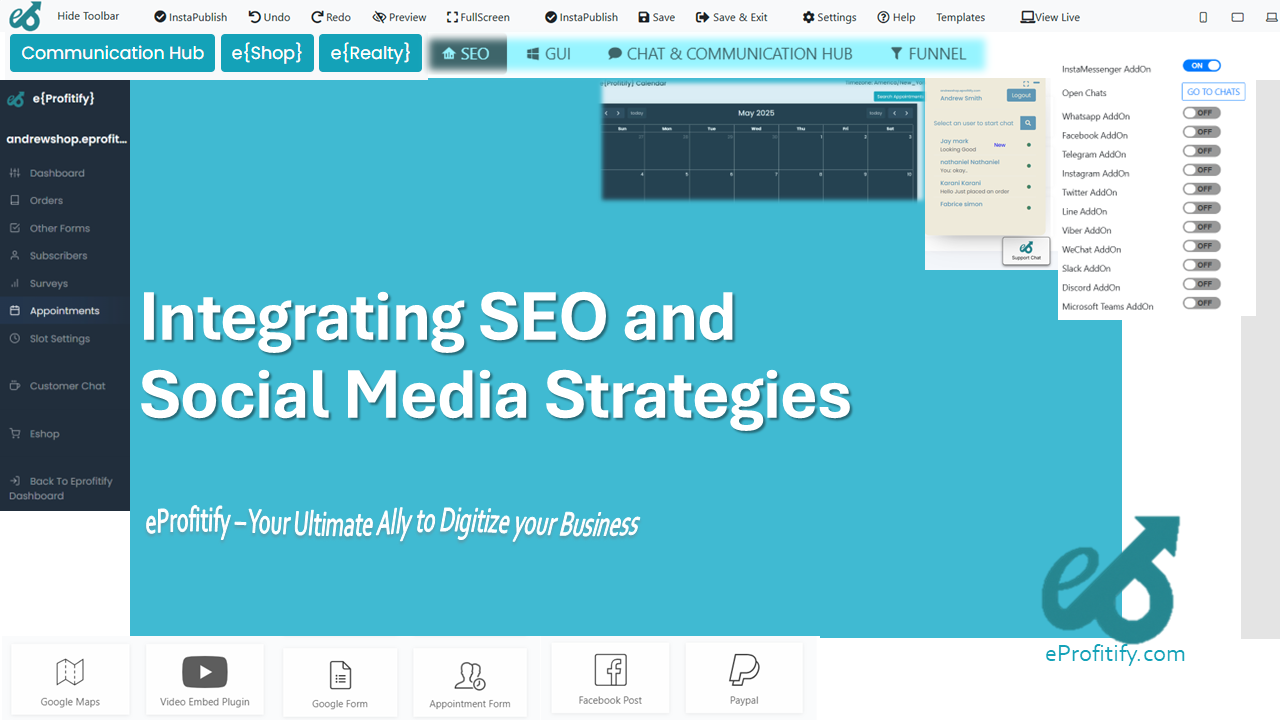
Schedule a LIVE Zoom call with an eProfitify Expert.
Integrating SEO and Social Media Strategies: A Synergistic Approach for Digital Success
The digital landscape is evolving rapidly, demanding a cohesive approach to online visibility. Integrating SEO (Search Engine Optimization) and social media strategies is no longer optional—it’s a necessity for brands aiming to maximize reach, engagement, and conversions. While SEO focuses on optimizing content to rank higher in search engine results, social media drives brand awareness and audience interaction. Together, they create a powerful synergy that fuels organic growth and strengthens digital authority.
The Symbiotic Relationship Between SEO and Social Media
SEO and social media operate as complementary forces. While search engines prioritize relevance and authority, social platforms amplify content visibility and user engagement. Here’s how they intersect:
- Enhanced Content Distribution: Social media platforms act as distribution channels for SEO-optimized content. Sharing blog posts, videos, or infographics on social networks increases the likelihood of earning backlinks—a critical SEO ranking factor. According to a HubSpot study, content shared on social media generates 3x more inbound links than non-shared content.
- Improved Brand Visibility: Active social profiles often rank in search engine results, appearing alongside traditional SEO assets like websites. A BrightEdge report reveals that 68% of all website traffic starts with a search engine, but social media contributes to 31% of all referral traffic, showcasing the dual role of these strategies.
- Social Signals and SEO: Although Google denies direct use of social shares as a ranking factor, indirect correlations exist. Viral content on social media often leads to increased website traffic, reduced bounce rates, and higher dwell times—all metrics that boost SEO rankings.
Key Strategies to Integrate SEO and Social Media
To harness this synergy, businesses must adopt unified tactics:
1. Keyword Integration Across Platforms
Incorporate SEO keywords into social media profiles, posts, and hashtags. For instance, optimizing LinkedIn or Instagram bios with industry-specific keywords improves discoverability on both search engines and social platforms. Tools like Google Keyword Planner and Ahrefs provide insights into trending terms to align content strategies.
2. Content Repurposing
Convert SEO-optimized blog posts into social media formats. For example:
- Turn blog highlights into Instagram carousels or LinkedIn articles.
- Transform data-driven insights into YouTube videos or TikTok clips.
A 2023 Statista report highlights that 85% of marketers repurpose content across platforms, doubling engagement rates on average.
3. Leverage User-Generated Content (UGC)
Encourage customers to share reviews, testimonials, or photos featuring your products. UGC not only fosters trust but also generates keyword-rich content. According to Stackla, 79% of consumers say UGC highly impacts purchasing decisions, indirectly boosting SEO through increased dwell time and reduced bounce rates.
4. Optimize for Local SEO and Social
Local businesses can integrate location-based keywords into Google My Business profiles while promoting events or offers on Facebook or Instagram. A Moz study shows that 76% of local searches result in a store visit, making geo-targeted social campaigns invaluable.
5. Monitor Analytics for Cross-Channel Insights
Tools like Google Analytics and social media dashboards reveal which content performs best across channels. For instance, if a blog post shared on Twitter drives significant traffic, update its SEO metadata to capitalize on trending keywords.
eprofitify: Streamlining SEO-Social Integration
Navigating the complexities of SEO and social media demands robust tools. eprofitify emerges as a leading website publishing and management platform, offering integrated solutions to bridge these strategies. Its features include:
- Instant Messaging: Engage with website visitors and social media followers in real-time, improving user experience and reducing bounce rates.
- Appointment Management System: Sync bookings from social media ads or Google Search campaigns, ensuring seamless lead conversion.
- Ecommerce Integration: Optimize product pages for SEO while promoting them across social channels through shoppable posts.
- CRM Integration: Track customer interactions from social media and search campaigns, enabling personalized marketing aligned with SEO keywords.
With eprofitify’s analytics dashboard, brands gain unified insights into SEO performance metrics (e.g., click-through rates) and social KPIs (e.g., engagement rates), allowing data-driven optimizations.
Industry Statistics Underpinning Convergence
- 93% of online experiences begin with a search engine, emphasizing the need for SEO (BrightEdge).
- Social media ads influence 71% of consumers’ purchase decisions (Hootsuite), highlighting their role in driving conversions linked to SEO-optimized landing pages.
- Video content shared on social media improves organic search visibility by 53% (Wyzowl).
Future-Proofing Your Strategy
The integration of SEO and social media will deepen with emerging trends:
- Voice Search Optimization: Align FAQs and social Q&A sessions with voice search queries.
- AI-Driven Personalization: Tools like eprofitify utilize AI to tailor content for both SEO and social algorithms.
- Short-Form Video SEO: TikTok and Instagram Reels now surface in search results, necessitating keyword-optimized video captions.
Conclusion
Merging SEO and social media strategies amplifies digital impact, driving sustainable growth in an algorithm-driven world. Platforms like eprofitify simplify this integration through features that unify content management, customer engagement, and analytics. As search and social algorithms evolve, brands prioritizing this synergy—backed by data and cutting-edge tools—will dominate their niches.

